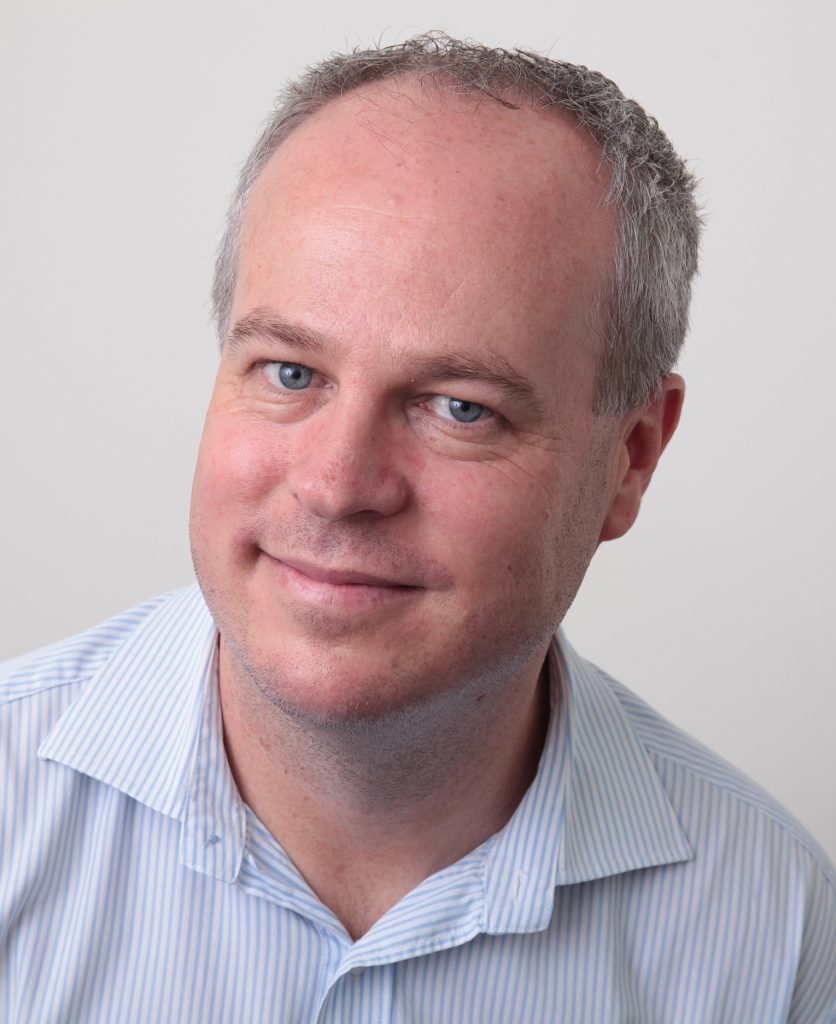On the lighter side of things, we ask Brad Drysdale, Field Chief Technology Officer, Asia Pacific and Japan, Kong, what makes him tick.
- What would you describe as your most memorable achievement?
This was when I worked for Netscape, the now defunct browser company, back in 1995. That was the start of the web browser boom and Netscape was a bit like what Apple is today – people were banging down doors and queueing up to hear what was going on and what new products were being announced.
We staged a local conference with visiting executives from the US and the audience had questions around a new security product announcement which the guy in stage at the time couldn’t answer.
My name wasn’t on the agenda, but I knew a lot about the topic so was asked to come up to talk about it. That topic was a new Netscape initiative at the time: SSL. I was just 21 and it felt big and scary, looking out across a sea of people, but having that experience early on unlocked a side of me that’s helped shape my career. I’ve spent a lot of time on stage since, at industry and corporate events and conferences and it’s the part of my job I love the most.

2. What first made you think of a career in technology?
I grew up in Port Macquarie, back when it was a much smaller beach town and I never had any aspirations regarding technology as a child that I recall. I spent most of my time surfing and windsurfing. Then my parents noticed I had a bit of natural talent with some of the computer-related things I was doing in early high school and so they bought me an Amstrad computer. I was fascinated with this thing and what I could make it do and I started buying magazines containing pages of code you could type in to make a program. When it came time to head to university in the big smoke (Sydney), computer science felt like a natural choice.
3. What style of management philosophy do you employ with your current position?
I’m a firm believer that the customer comes first, the company and the team second and self last.
That philosophy came courtesy of Jim Barksdale, the former Netscape CEO, and re-enforced at MuleSoft via Greg Schott. From an inward facing perspective, culture is king and it’s something leadership and management need to do everything they can to nurture and protect. That gets harder to do as you scale but hiring smart people who fit the culture and help it grow is the best way for an organization to continue to scale and to continue to do the right thing by its customers.
4. What do you think is the current hot technology talking point?
Customer obsession and using digitization to embrace it. It’s been around for a while – every organization is trying to do its utmost to understand their customers better and keep customers coming back – but we’re now seeing companies starting to go a step further; focusing on the outcomes their customers are chasing.
Helping them to achieve those, rather than simply being satisfied if they buy your products and services, is where it’s at.
5. How do you deal with stress and unwind outside the office?
I have two young kids, aged five and three, so I don’t think the stress ever goes away – it just changes form throughout the day! For me, unwinding is time away from the desk being outside with them.
Life is very busy workwise and I do my best to balance that with activities like walking and running.
Living in the eastern suburbs of Sydney gives us easy access to beaches and open spaces and I’m really looking forward to sharing my passion for water sports with my children as they move past the swimming lesson stage. Surfing and windsurfing and fishing were fantastic outlets for me growing up and I’d love for them to enjoy them too.
6. If you could go back and change one career decision, what would it be?
I probably left software engineering too soon. I was a good but never a great one and I wish I’d gotten too great before I moved into the pre-sales and systems engineering sphere. I still miss that insane level of satisfaction you get when you solve a programming challenge and, strangely enough, the deep despair that comes when you can’t. If I’d stuck with it for another three or four years, I think my career would probably still be where it is but those desires would be satiated.
7. What do you currently identify as the major areas of investment in your industry?
AI and Machine Learning are really starting to hit their straps, especially in the area of automation. More than 90% of the data that exists in the world today was created in the last two years alone and everyone is trying to harness and embrace it to deliver better experiences and outcomes for their customers. The only way that’s achievable on a large scale is through AI and Machine Learning augmentation and automation.

8. What are the region specific challenges when implementing new technologies in APAC?
APAC is a very large area made up of lots of countries and cultures and languages.
That doesn’t necessarily mean it’s harder or we’re behind – some countries in the region are at the forefront of new technology adoption.
What it does mean is that organizations need to put a lot of thought and processes in place to make sure all those different audiences are addressed, with messaging that’s relevant and specific to the challenges they face.
9. What changes to your job role have you seen in the last year and how do you see these developing in the next 12 months?
Customer experience has become much more of a focus for software companies across the board. Because SaaS has changed the commercial model, we have to keep winning customers again and again – there’s no more buying from a vendor once and then you never hear from them. That’s changed my role, and every role in the business, whether field facing or not. Over the next 12 months, I’ll be making sure what we deliver is really resonating with customers and generating positive outcomes.
10. What advice would you offer to someone aspiring to obtain a C level position in your industry?
Focus on customers and their outcomes and breed a good internal culture: a culture that’s comprised of grit, determination, teamwork and common goals.
Whatever you say, do or deliver, make sure it’s meaningful and adds value somewhere, with a keen eye on the outcomes and aspirations of those who actually use it. Anyone who does those things will learn enough and attain enough and prove themselves enough to be able to aspire realistically to a C level position.
Click below to share this article

